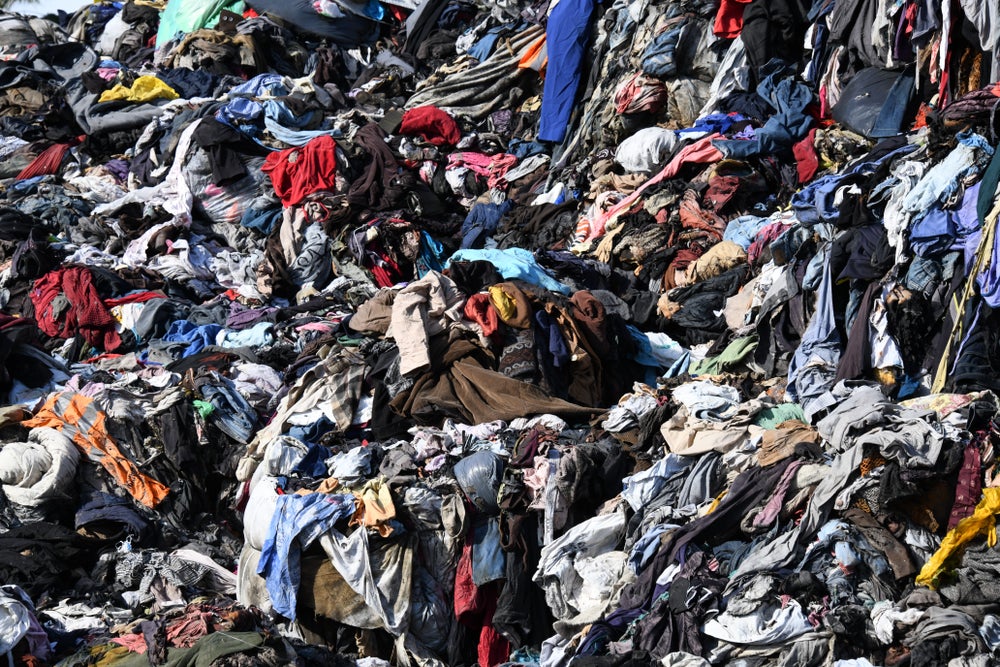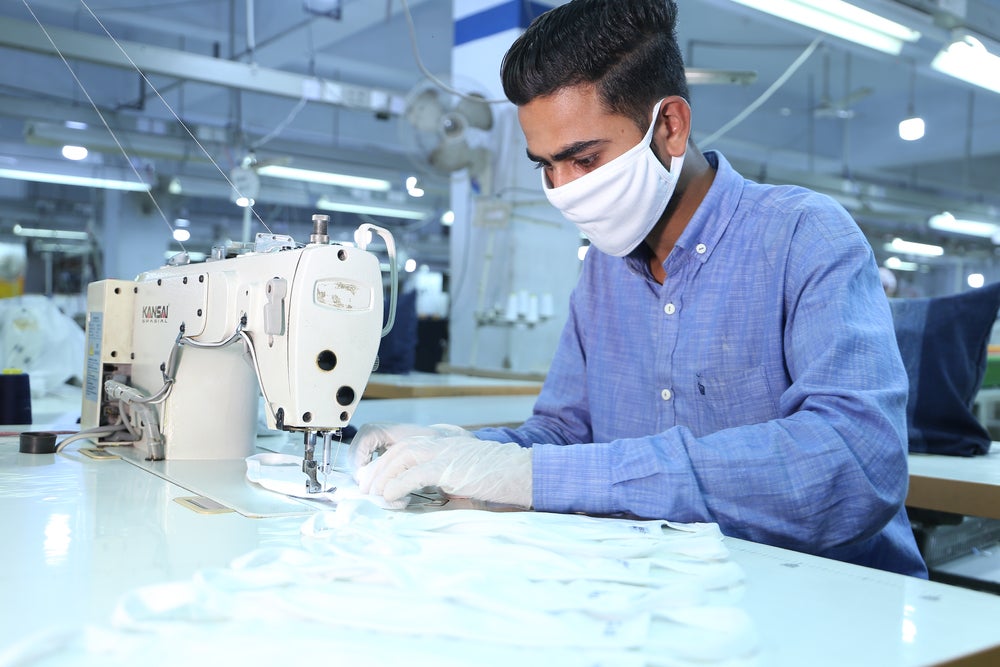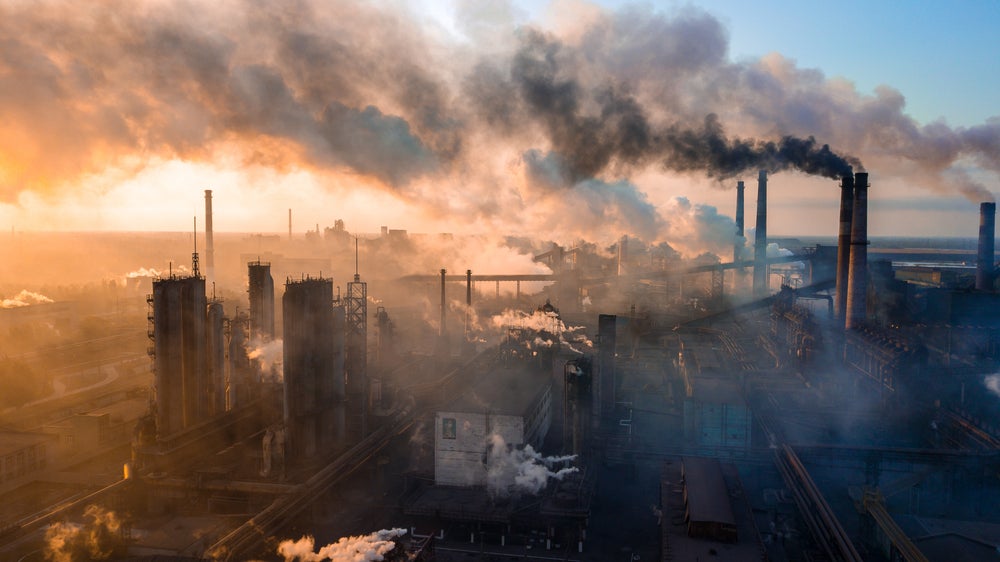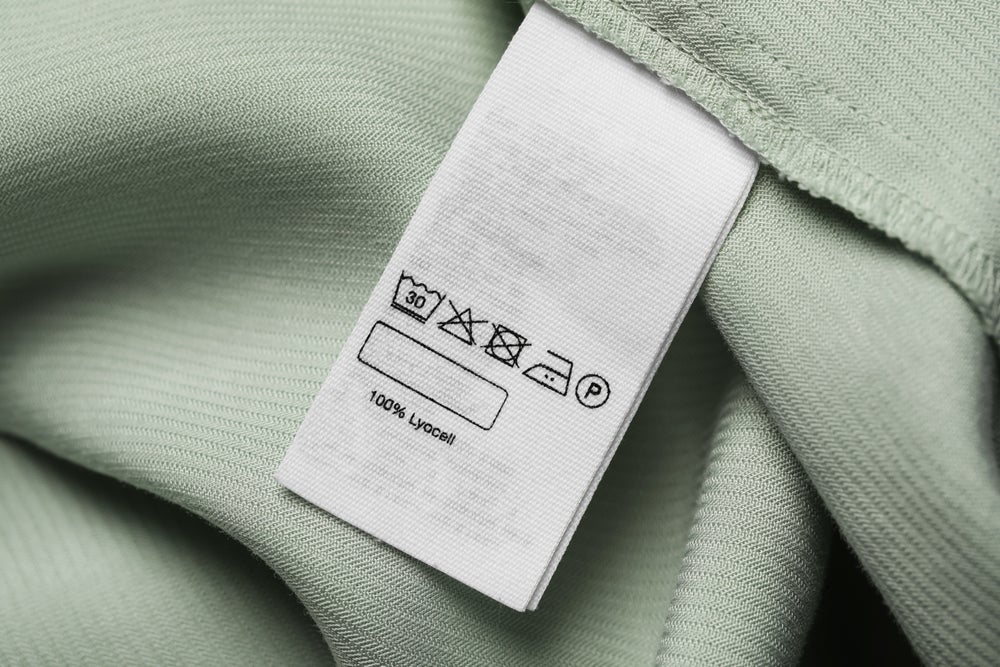The TRA explained that UK's used textiles collectors and sorters shared their fears about not being able to collect waste textiles from charity shops, recycling centres and community textile banks as processing plants reach capacity.
This, the TRA claims, could result in devastating environmental consequences, including microplastic pollution, water pollution and the accumulation of textile waste in landfills.
According to the TRA, the used textiles industry in the UK is valued at more than £1bn ($1.26bn) annually, impacting charities, local waste authorities, logistics and packaging. The TRA estimates that the used textiles sector will affect one in every 25 jobs in the UK.
The TRA said the potential halting of textile sorting operations by European countries further compounds its fears for the sector’s future. France, Denmark, Sweden, Finland and Austria, have all proposed a ban on the export of used textiles within EU, signals a significant shift in European policy.
Additionally, the TRA said the crisis in the Red Sea ,which is disrupting shipping lines, has significantly escalated operational costs for used textile merchants.
"Coupled with increasing taxation from African and Asian markets and mounting pressure to curb waste exports, the industry faces immense financial strain. Fast fashion has intensified the influx of low-quality textiles into the recycling stream. This has further driven up operational costs, pushing many textile merchants to the brink of financial collapse," the TRA said in a statement.
The TRA has urged the UK government to step in and regulate the industry including an introduction of an EPR scheme. It added that transparent dialogue and concerted efforts are needed to support a sustainable used textiles industry.
Three years ago, the TRA backed the UK government's strategy to reduce textile waste and hold manufacturers more accountable as part of the Department for Environment, Food & Rural Affairs's wide-ranging Waste Prevention Programme for England.
It set out how the government and industry can take action across seven key sectors – including textiles – to minimise waste and work towards a more resource-efficient economy.
In February 2024, Accelerating Circularity released the next phase of the Building Circular Systems (BCS) initiative which aims to amplify the development of circular textile-to-textile systems, mitigating the industry's greenhouse gas (GHG) emissions and curbing the disposal of textiles into landfills and incinerators.















